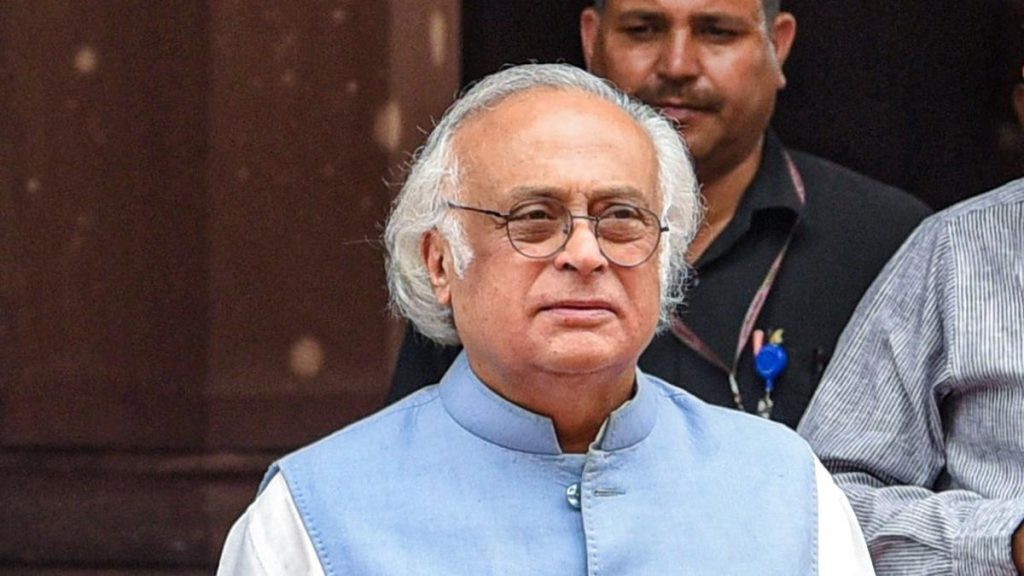Now Reading: MHA Declines to Disclose Data on CAA Beneficiaries
-
01
MHA Declines to Disclose Data on CAA Beneficiaries
MHA Declines to Disclose Data on CAA Beneficiaries

Quick Summary
- CAA Implementation and Data Refusal: Over a year sence the Citizenship (Amendment) Act, 2019 became effective, the union Ministry of Home Affairs (MHA) has refused to disclose data on beneficiaries under the Act, citing that such information is “not being maintained.”
- Beneficiary Numbers: While BJP MP Jagannath Sarkar revealed fewer then 100 beneficiaries in his constituency, Minister of State for Home affairs Nityanand Rai claimed “thousands” were granted citizenship under CAA without specifying an exact number. Specific reports show that around 7,250 people in Rajasthan and 373 in Gujarat have gained citizenship via CAA.
- Challenges with Documentation: Many intended beneficiaries lack required documents tracing roots to Afghanistan, Pakistan or bangladesh-essential for eligibility.Schedule 1A of CAA Rules was amended to expand acceptable documentation criteria in July 2024.
- Specific Cases:
– In Assam: Two applicants reportedly received citizenship.
– In West Bengal: Around 2.8 crore Matua and Namasudra community members are considered eligible; however, actual beneficiary numbers remain unclear.
– Pakistani migrants already meeting Citizenship Act requirements could benefit independently from living continuously in India for over a decade.
- RTI appeal and CIC Hearing: The Hindu’s RTI application seeking specific data was denied by MHA with claims that records weren’t maintained as requested. CIC upheld MHA’s response stating it complied with RTI laws despite no substantial resolution during oral hearings.
Indian Opinion Analysis
The management’s refusal to disclose definitive data on CAA beneficiaries points toward broader challenges with openness around important policy outcomes. While anecdotal evidence reveals scattered successes-such as Rajasthan granting citizenship to thousands-the discrepancy between projected versus realized benefits creates room for concern about implementation efficacy.
Documentation criteria stand out as a critically important hurdle as many refugees fleeing persecution arrive without essential proof of origin-a prerequisite left largely unresolved even after rule amendments in mid-2024 aimed at easing requirements. furthermore, Central government involvement bypassing local authorities suggests attempts at mitigating potential resistance from states governed by opposition parties but raises questions about cooperative federalism affecting such processes.
The broader implications include persistent uncertainty among affected communities like matua groups or individuals facing bureaucratic obstacles despite promises made during legislative debates suggesting expansive impacts of the law (“lakhs and crores”).A thorough review may be necessary not only for optimizing administrative frameworks but also regaining public trust through more clear dissemination of tangible results regarding this high-profile law.
Read More: Original Source

























